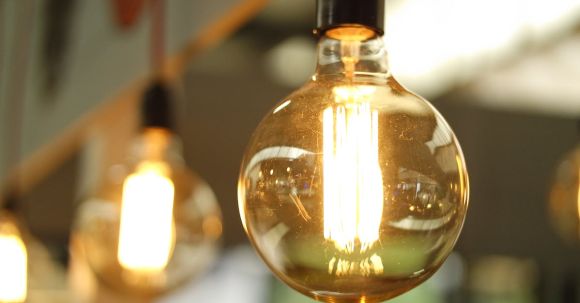In today’s world, where energy costs continue to rise and environmental concerns are becoming more pressing, reducing energy consumption has become a top priority for many households. Not only does reducing energy usage help protect the environment, but it can also lead to significant savings on monthly utility bills. If you’re looking to make a positive impact on both your wallet and the planet, here are some practical tips to help you reduce energy consumption and save money.
1. Upgrade to Energy-Efficient Appliances
One of the most effective ways to reduce energy consumption is to replace old, energy-draining appliances with newer, energy-efficient models. Look for appliances with an Energy Star rating, as these are designed to use less energy without sacrificing performance. Upgrading to energy-efficient appliances, such as refrigerators, washing machines, and dishwashers, can significantly reduce your energy usage and save you money in the long run.
2. Unplug Electronics When Not in Use
Even when turned off, electronic devices continue to draw power if they are plugged into an outlet. This phenomenon, known as “phantom power” or “vampire power,” can account for a significant portion of your energy consumption. To combat this, make it a habit to unplug electronics when they are not in use, or use power strips with an on/off switch to easily cut off power to multiple devices at once.
3. Optimize Your Home’s Heating and Cooling
Heating and cooling account for a significant portion of a household’s energy consumption. To reduce energy usage in this area, consider installing a programmable thermostat, which allows you to schedule temperature adjustments based on your daily routines. Additionally, proper insulation and sealing of windows and doors can prevent heat loss during winter months and keep your home cool in the summer, reducing the need for excessive heating and cooling.
4. Use Natural Lighting and Energy-Efficient Lighting Options
Maximize the use of natural lighting during the day by opening blinds and curtains to let sunlight in. This not only reduces the need for artificial lighting but also provides a pleasant and energizing environment. When artificial lighting is necessary, opt for energy-efficient options such as LED or CFL bulbs, which use significantly less energy than traditional incandescent bulbs and last much longer.
5. Reduce Water Heater Energy Consumption
Water heating is another area where significant energy savings can be achieved. Lowering the temperature of your water heater to 120 degrees Fahrenheit (48 degrees Celsius) can save energy without sacrificing comfort. Additionally, insulating your water heater and hot water pipes can minimize heat loss and reduce energy consumption.
6. Practice Efficient Laundry and Dishwashing
When it comes to laundry, wash your clothes in cold water whenever possible, as heating water accounts for a large portion of the energy used in the washing process. Also, make sure to clean the lint filter in your dryer after each use to improve its efficiency. When it comes to dishwashing, consider handwashing dishes instead of using the dishwasher for small loads, and always wait until you have a full load before running the dishwasher.
By implementing these simple yet effective strategies, you can significantly reduce your energy consumption and save money on your utility bills. Not only will you be making a positive impact on the environment, but you will also enjoy the financial benefits of a more energy-efficient lifestyle. So, start making changes today, and reap the rewards for years to come.
